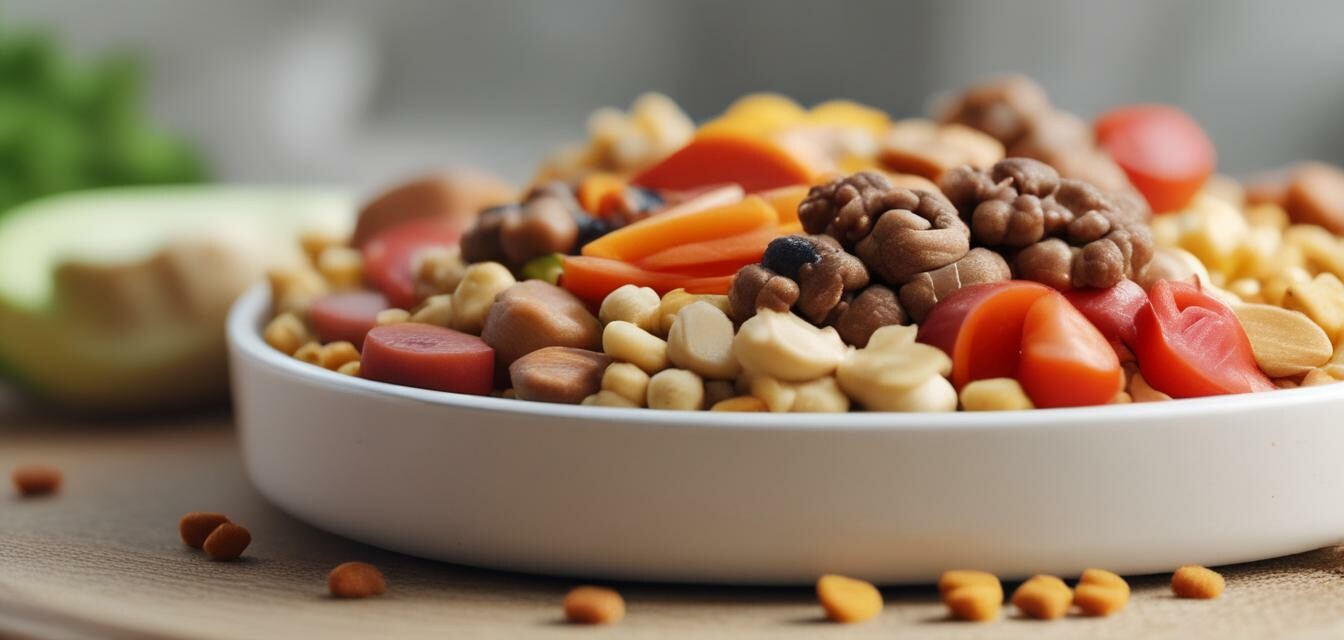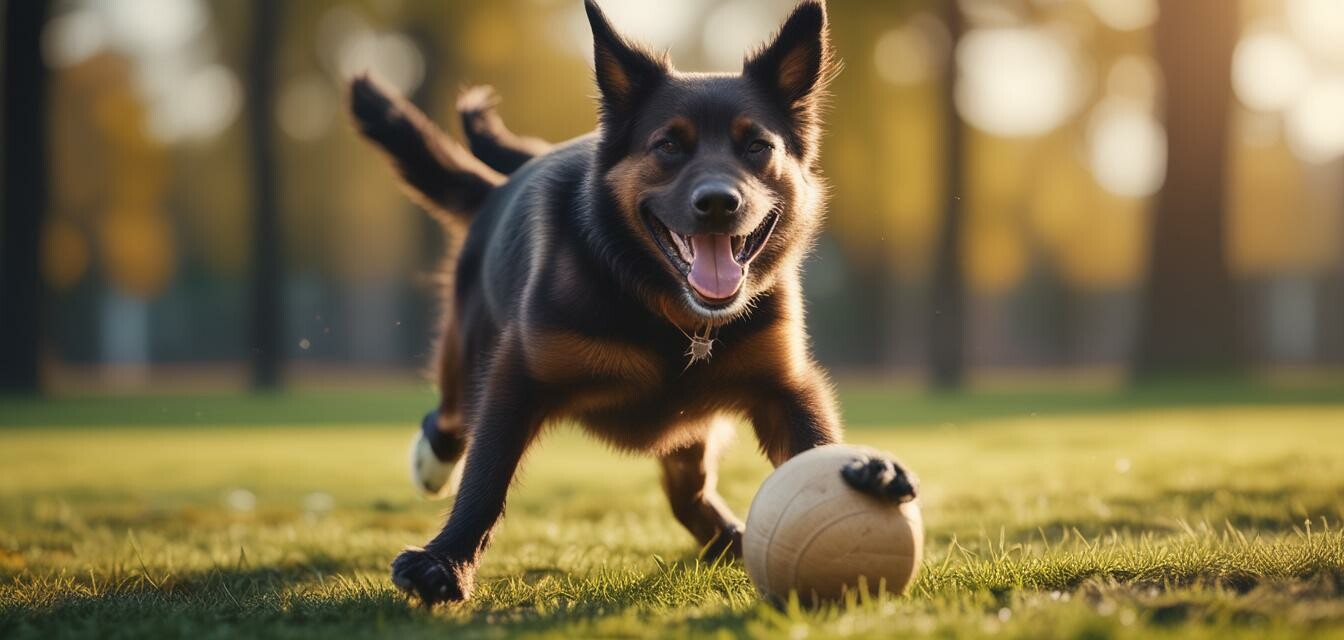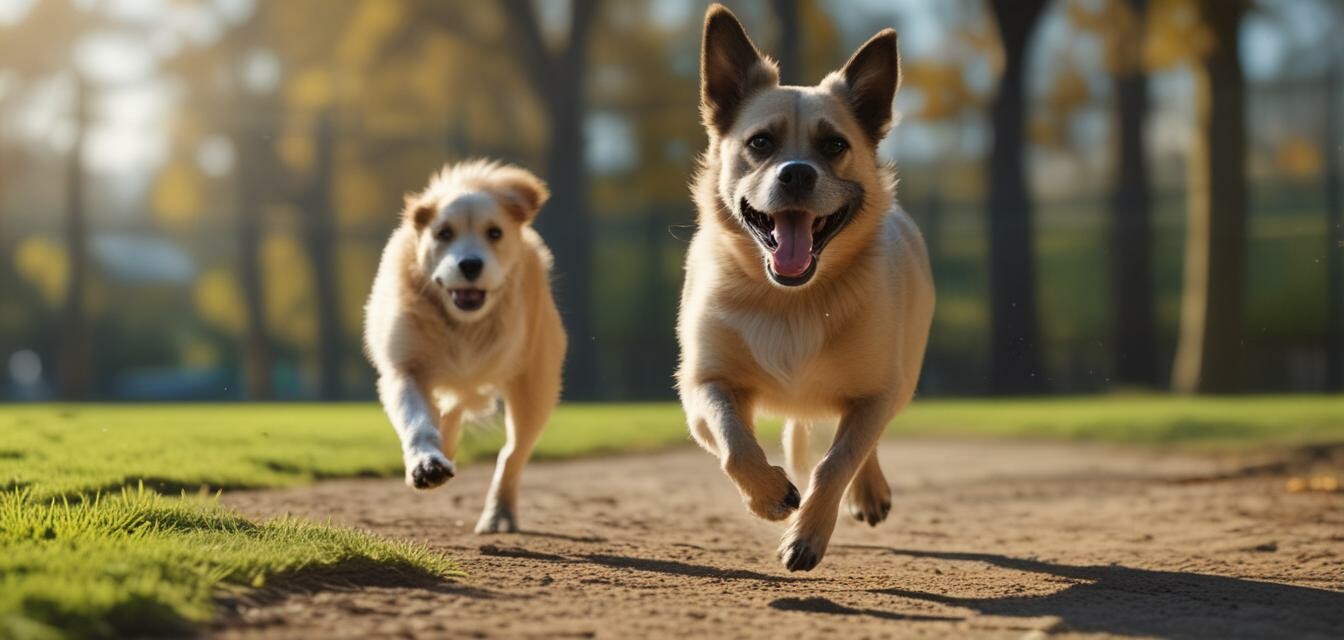
Senior Dog Food: Nutritional Needs and Best Food Options
As your furry friend ages, their nutritional needs change. Senior dogs require a diet that caters to their unique needs, ensuring they stay healthy and happy in their golden years. In this article, we'll explore the nutritional needs of senior dogs and the best food options available.
Key Takeaways
- Senior dogs require a balanced diet that meets their unique nutritional needs.
- Look for food high in protein, moderate in fat, and low in calories.
- Consider your dog's individual needs, such as joint health and digestive issues.
- Consult with your veterinarian to determine the best diet for your senior dog.
Nutritional Needs of Senior Dogs
As dogs age, their metabolism slows down, and their energy needs decrease. However, they still require a balanced diet that meets their unique nutritional needs. Here are some key considerations:
| Nutrient | Senior Dog Needs |
|---|---|
| Protein | High-quality protein sources, such as chicken or fish, to support muscle mass and overall health. |
| Fat | Moderate amounts of healthy fats, such as omega-3 fatty acids, to support skin and coat health. |
| Carbohydrates | Complex carbohydrates, such as whole grains and vegetables, to provide fiber and energy. |
| Calories | Fewer calories to prevent weight gain and support healthy metabolism. |
Best Food Options for Senior Dogs
When selecting a food for your senior dog, consider their individual needs and look for formulas that cater to those needs. Here are some popular options:
- Senior dog food formulas, which are specifically designed to meet the unique needs of older dogs.
- Joint supplements, which can help support joint health and mobility.
- Digestive enzymes, which can aid in nutrient absorption and digestive health.

Things to Consider
When selecting a food for your senior dog, consider the following factors:
| Factor | Consideration |
|---|---|
| Age | Senior dogs have different nutritional needs than younger dogs. |
| Health Conditions | Consider your dog's individual health conditions, such as arthritis or digestive issues. |
| Lifestyle | Consider your dog's activity level and lifestyle, such as indoor or outdoor activities. |
Benefits of Senior Dog Food
- Supports healthy aging
- Meets unique nutritional needs
- Can help manage health conditions
Things to Watch Out For
- May not be suitable for younger dogs
- Can be more expensive than regular dog food
- May not be necessary for healthy senior dogs

Conclusion
Feeding your senior dog a balanced and nutritious diet is crucial for their health and happiness. By considering their unique needs and selecting a high-quality food, you can help support their well-being in their golden years.

Beginners Section
- Consult with your veterinarian to determine the best diet for your senior dog.
- Gradually transition your dog to a new food to prevent digestive upset.
- Monitor your dog's health and adjust their diet as needed.








